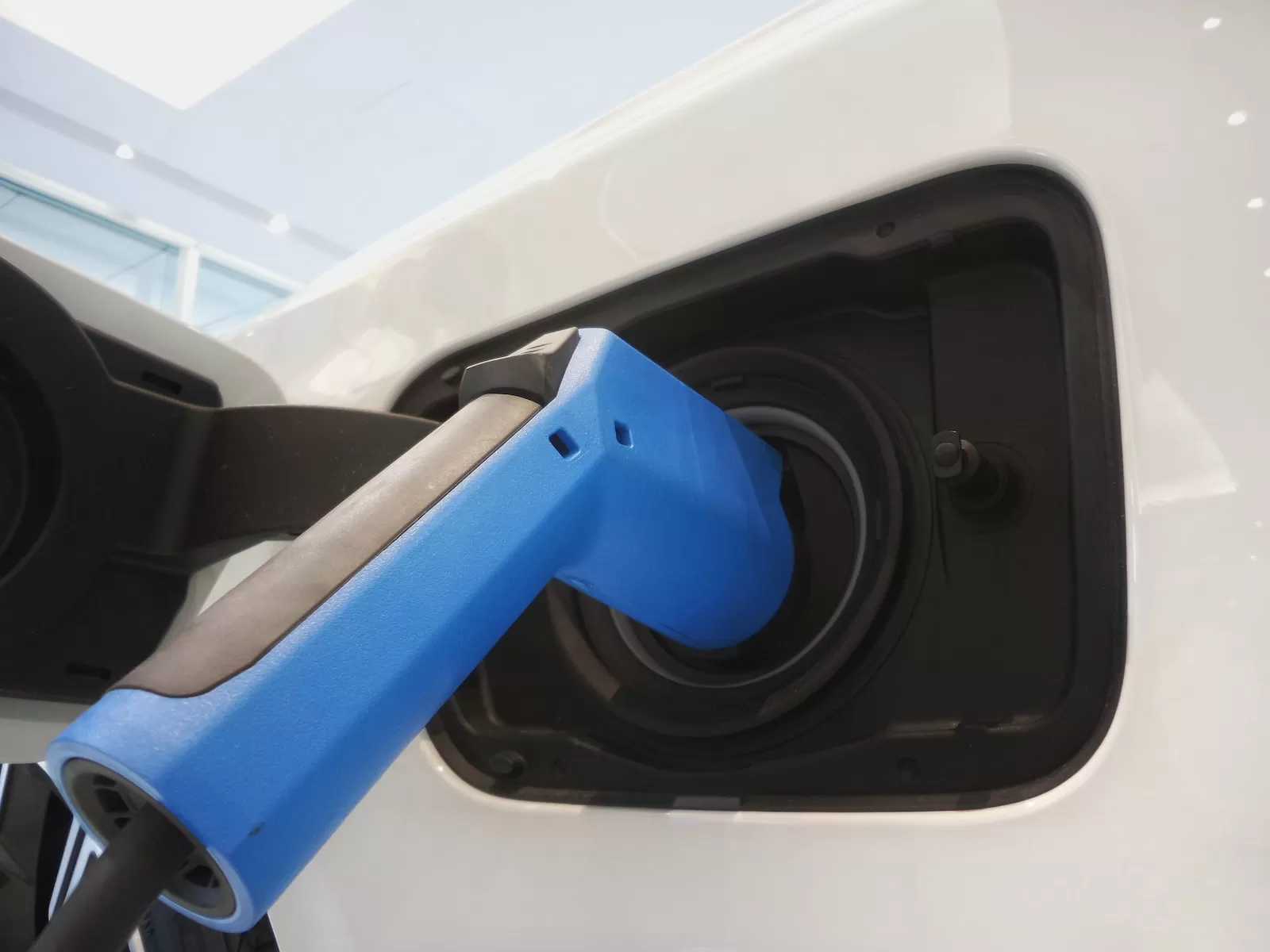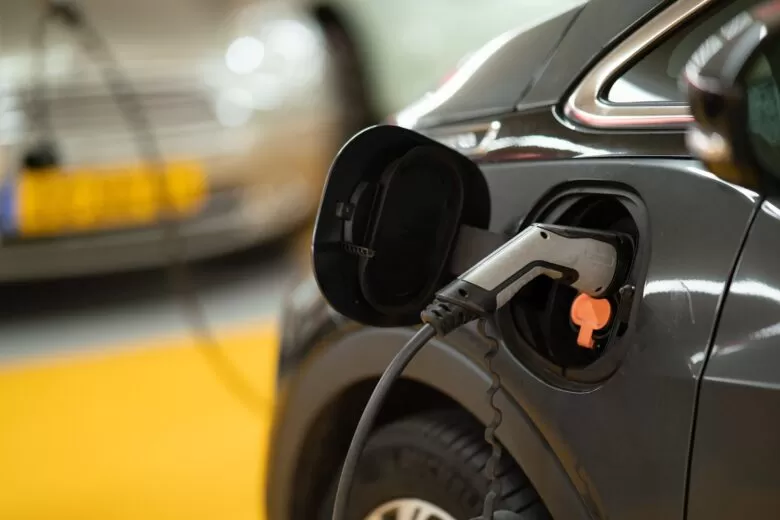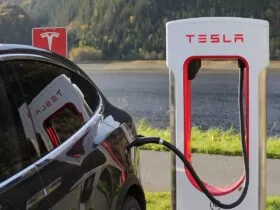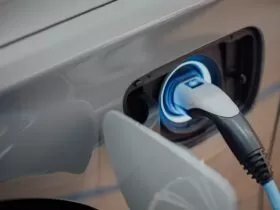As the demand for electric vehicles (EVs) continues to surge, one of the major concerns among consumers and manufacturers alike is the limited driving range offered by current battery technologies. However, recent advancements in long-range electric vehicle batteries have sparked hope for an electrified future with extended mileage capabilities. These innovative batteries promise to address the issue of range anxiety and provide a viable solution for those seeking to adopt EVs as their primary mode of transportation.
The global electric vehicle battery market size was valued at $23.8 billion in 2021, and is projected to reach $108.2 billion by 2031, growing at a CAGR of 16.6% from 2022 to 2031.
In this article, we will explore the latest developments in long-range electric vehicle batteries and delve into how these breakthroughs are reshaping the landscape of sustainable transportation.
The need for long-range electric vehicle batteries
Long-range electric vehicle batteries have become a crucial aspect of the electric vehicle industry as more consumers are looking for increased driving distances without the need for frequent charging stops. The demand for these batteries stems from the growing popularity of electric vehicles as a sustainable and environmentally-friendly alternative to traditional gasoline-powered cars. With long-range batteries, drivers can confidently embark on longer trips without worrying about running out of charge in the middle of nowhere.
One key benefit of long-range electric vehicle batteries is their ability to provide peace of mind to drivers who rely heavily on their cars. Electric vehicles with extended range capabilities allow individuals to comfortably commute to work, run errands, and even embark on road trips without having to constantly plan their routes around charging stations. This level of convenience makes owning an electric vehicle much more appealing and accessible for a wider range of consumers.
Furthermore, long-range electric vehicle batteries also help alleviate range anxiety, which refers to the fear or concern that an electric vehicle’s battery will run out before reaching its destination. By extending the driving range, these batteries address one of the main concerns potential buyers have when considering switching from traditional gasoline-powered vehicles to all-electric models. As a result, by investing in research and development towards improving long-range battery technology, car manufacturers can significantly boost consumer confidence in choosing electric vehicles over conventional ones.
Current challenges in electric vehicle battery technology
One of the current challenges in electric vehicle battery technology, particularly for long-range vehicles, is the limited driving range. While electric vehicles have made significant progress in recent years, with some models offering over 300 miles of range on a single charge, this is still significantly lower than what can be achieved with a conventional gasoline-powered vehicle. This limitation makes it difficult for electric vehicles to compete with their fossil fuel counterparts when it comes to long-distance travel and road trips.
Another challenge is the charging infrastructure required to support long-range electric vehicles. While there has been a steady increase in charging stations across many countries, they are still not as widespread or as convenient as petrol stations. Furthermore, fast-charging capabilities are crucial for reducing downtime during long journeys, but these types of charging stations are currently limited and often require additional fees.
Overall, although there have been considerable advancements in electric vehicle battery technology for long-range applications, challenges such as limited driving range and inadequate charging infrastructure remain significant barriers that need to be overcome to achieve widespread adoption of electric vehicles on par with conventional cars.
Advancements in battery technology for longer ranges
One of the most exciting advancements in battery technology for longer ranges is the development of solid-state batteries. Unlike traditional lithium-ion batteries, which use a liquid electrolyte, solid-state batteries use a solid electrolyte. This allows them to store more energy and deliver higher power density, resulting in increased range for electric vehicles. Solid-state batteries also have several other advantages over their liquid counterparts, including improved safety and longer lifespan.


Another significant advancement in battery technology is the use of silicon anodes. Silicon has the potential to store significantly more lithium ions than graphite, which is commonly used as an anode material in lithium-ion batteries. By incorporating silicon into the battery’s structure, researchers have been able to increase its energy storage capacity and improve its overall performance. Although there are still challenges to be overcome in terms of stability and scalability, silicon anodes hold great promise for extending the range of electric vehicles even further.
The role of solid-state batteries in electric vehicles
Solid-state batteries have emerged as a potential game-changer in the electric vehicle (EV) industry, especially when it comes to addressing the range anxiety issue. These advanced batteries offer several advantages over traditional lithium-ion batteries, including higher energy density, faster charging times, and improved safety. With their solid electrolyte material, solid-state batteries eliminate the need for flammable liquid electrolytes found in conventional EV batteries, reducing the risk of thermal runaway and enhancing overall safety.
The high energy density of solid-state batteries allows for more energy storage within a smaller footprint compared to lithium-ion alternatives. This means that automakers can design EVs with longer ranges without sacrificing interior space or adding excessive weight. Additionally, solid-state batteries exhibit faster charging capabilities, enabling EV owners to recharge their vehicles in minutes rather than hours. This not only enhances convenience but also helps overcome one of the major barriers to widespread electric vehicle adoption.
Furthermore, solid-state battery technology has the potential to extend the lifespan of electric vehicle batteries significantly. With reduced degradation rates and increased cycle life compared to lithium-ion alternatives, these innovative power sources could provide long-lasting performance and reduce the need for frequent battery replacements. As research and development efforts continue to advance solid-state battery technology, it holds great promise for revolutionizing long-range electric vehicles by overcoming limitations associated with range anxiety and charging times while improving overall efficiency and reliability.
Potential impacts on the future of electric transportation
Long-range electric vehicle batteries have the potential to revolutionize the future of transportation in multiple ways. Firstly, these batteries will significantly increase the range of electric vehicles, alleviating concerns about limited driving distances and range anxiety. With longer-lasting and more powerful batteries, electric vehicles can compete with traditional internal combustion engine cars on long journeys, making them a viable option for all types of commuters.
Moreover, the adoption of long-range electric vehicle batteries could lead to a decrease in greenhouse gas emissions and air pollution. As these advanced batteries become more accessible and affordable, more people will be inclined to make the switch from conventional cars to electric vehicles. This shift would have a substantial positive impact on the environment by reducing carbon dioxide emissions from gasoline-powered vehicles.
Additionally, with longer-lasting battery technology comes the potential for increased energy storage capabilities. Electric vehicle owners could use their cars as portable power sources during emergencies or power outages by utilizing their large battery capacities to supply electricity for homes or even public infrastructure. This concept known as vehicle-to-grid (V2G) technology has enormous implications for energy distribution and management in the future.
Conclusion: The promising future of long-range electric vehicle batteries
The future of long-range electric vehicle batteries looks incredibly promising. With advancements in technology and continuous research and development, we can expect to see significant improvements in battery capacity, charging efficiency, and overall performance. These developments will undoubtedly contribute to the widespread adoption of electric vehicles (EVs) by addressing one of the primary concerns for potential buyers – range anxiety.
As more automakers invest in EV production and governments worldwide push for stricter emission regulations, there is a growing demand for longer-lasting batteries that can deliver extended driving ranges. Scientists are exploring various approaches such as solid-state batteries, lithium-sulfur batteries, and even graphene-based supercapacitors to enhance energy storage capabilities. Additionally, improved manufacturing processes and economies of scale will enable mass production of these advanced batteries at lower costs.
The combination of longer ranges and faster charging times will significantly increase the appeal of electric vehicles to consumers while also reducing their reliance on fossil fuels. As more people embrace this eco-friendly transportation option, it will have a positive impact on air quality and contribute towards combating climate change. The future of long-range electric vehicle batteries holds great promise not only for the automotive industry but also for achieving a sustainable future with reduced carbon emissions.




























